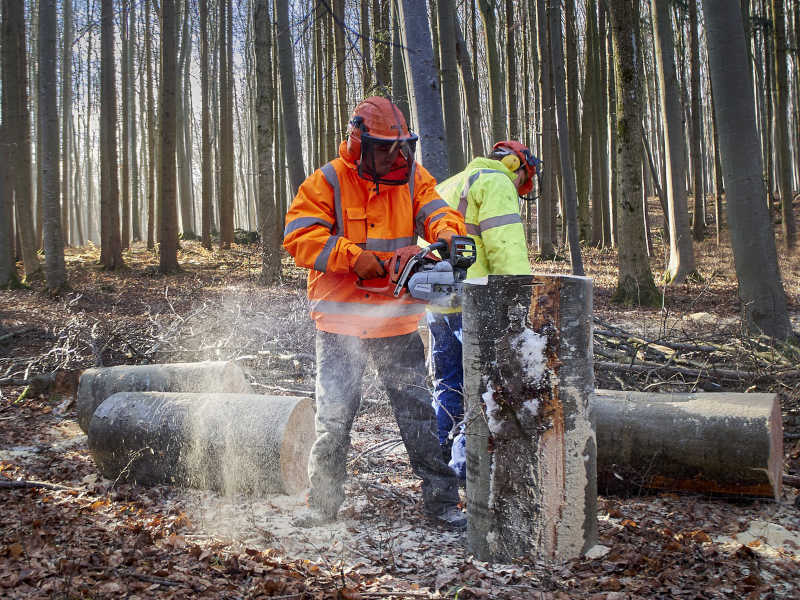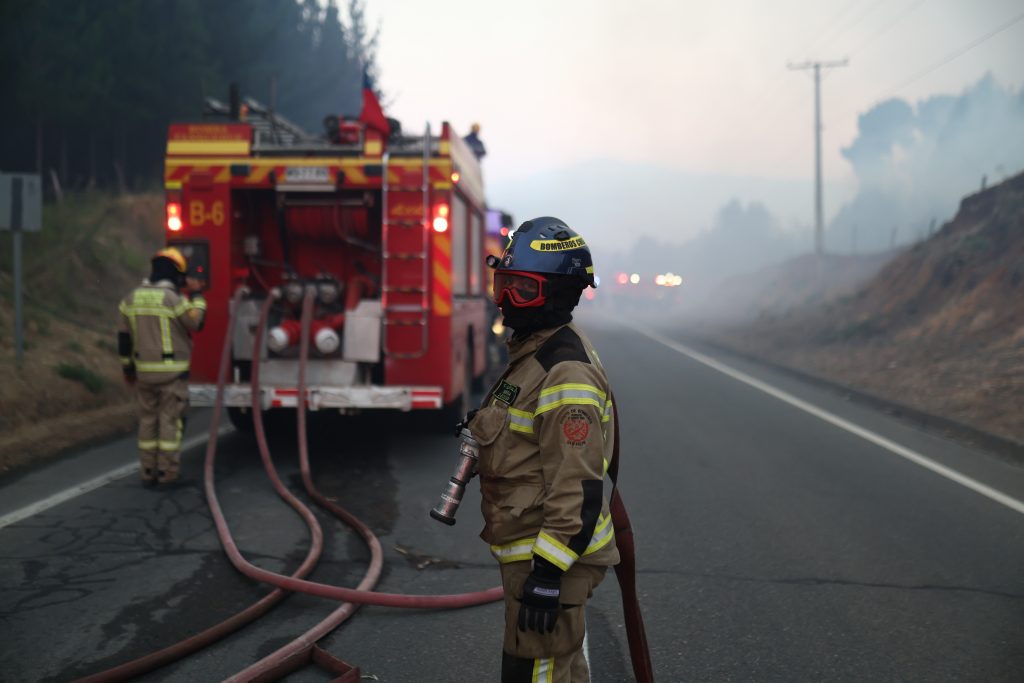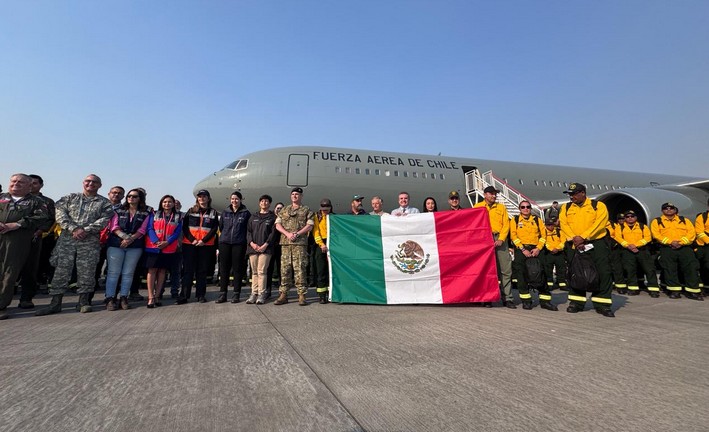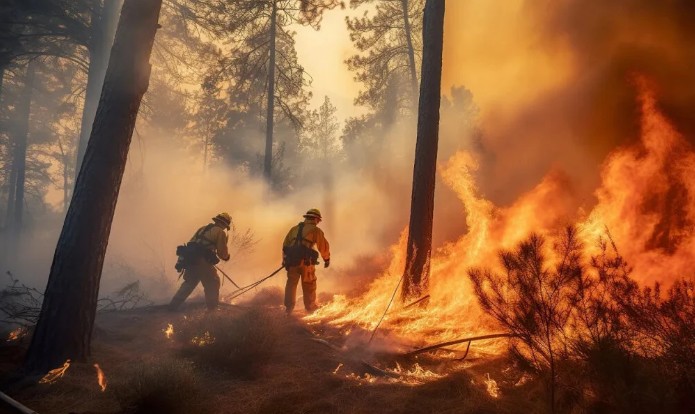Juan Fonseca, president of the Federation of Forestry Workers (Fetrafor), analyzes the evolution of the labor sector and the need for dialogue between companies and workers.
If there are those who play a fundamental role in the forestry sector, it is the workers, who venture into the forests daily to support the industry's development.
Often, they must face tough labor, which undoubtedly bears fruit both personally and collectively, especially when progress has been made in working conditions and better environments to carry out their tasks.
One who has dedicated his life to the sector is Juan Fonseca, president of the Federation of Forestry Workers (Fetrafor), a chainsaw operator who is closely familiar with the advancements and challenges faced by those working in this field.
He has been working in the forests since he was 18 and is now 57. He started with silvicultural and fertilization tasks before becoming a thinning and harvesting chainsaw operator, where he currently focuses.
Originally from Curanilahue, in the province of Arauco, Biobío Region, he entered the world of unionism many years ago, though he admitted he never thought it would become such an important part of his life—also serving as a councilman and mayoral candidate. But in 2004, encouraged by a friend to become a leader, he made the decision, ran for office, and was elected as secretary of records for the Antillanca union, where he worked for 11 years.
In the next election, he became president and later rose to secretary of records for Fetrafor until 2007, when he took over as head of the guild, a position he holds to this day.
- What has it been like working as a union leader? Has it changed over the years, given that the needs of forestry workers differ from, say, fishermen or miners?
-We have evolved a lot in union movements. To be honest, today we have one union in the federation. Many unions have opted for newer federations, and well, one can't say much because everything has its process in life, but we have progressed because union action has a before and after. Forestry workers now have better transportation conditions, meals provided, improved working conditions, and chainsaw operators have more autonomy. Before, we would halt work in strong winds, but safety has advanced now.
- Have there been improvements in income?
-Back then, we didn’t know what it meant to exceed minimum wages. In fact, at the company where I started my working life, employees didn’t even reach the minimum wage, which at the time was $11,400, and to meet that amount, the employer would cover the rest. But today, we are well above that income.
- Is that because forestry workers are more skilled now?
-The forestry sector has evolved both in technique and worker selection, and those with certification can find jobs elsewhere. Now we have dialogue with contracting companies, though many no longer engage with the federation, creating a divide between us and the guilds. I hope this can reopen because nothing should create such a big division that we can’t reconnect.
- Is that because companies prefer talking directly to their workers or their own unions rather than a federation?
-Well, contracting companies talk to employers, and each company deals with its internal unions. Plus, many companies don’t have a guild organization. So, we lost momentum after the mobilization we led following the attacks. We practically defended jobs, ensuring company security, but in the end, we were left at a disadvantage. I feel the company didn’t get the message. There were plant takeovers that created distance and closed doors—I hope they reopen someday.
-So, it seems companies are more reluctant to engage in dialogue now, but even so, have you achieved significant gains for the forestry sector?
-Yes. Starting in 2007 and after the 2009 strike, when many workers were fired, things changed. Back then, many didn’t know what a bonus or gratuity was—it was just a dream. Today, we have those benefits and a higher minimum wage. We’ve won things. For example, before, we rode in uncovered trucks and ate standing in the forests, but now we have dining areas and better transport, achieved through dialogue. That’s why I believe companies should resume talks with the federation—the willingness is there.
-Apart from that, are workers more inclined to unionize and work together?
-Yes, I think many workers are willing, though others are afraid because some employers start firing people at the word "unionism." That’s the power some companies hold—something we must address to prevent repetition. As a federation, we believe in serious dialogue that leads to fair agreements for both workers and employers.
-On a complex issue, is it difficult to work in the forests given the situation of attacks and threats? Do you live with that constant fear or not?
-Fortunately, things have been calm lately. I’d say since about a year and a half ago, after our mobilization, we haven’t suffered attacks. Even I, who publicly marched against the attacks, have been at ease. Progress must continue, and Carabineros now has more investment and resources to pursue those behind the attacks. We believe we can keep working normally as long as workers and employers remain united.







Comments (0)
No comments yet. Be the first to comment!
Leave a comment